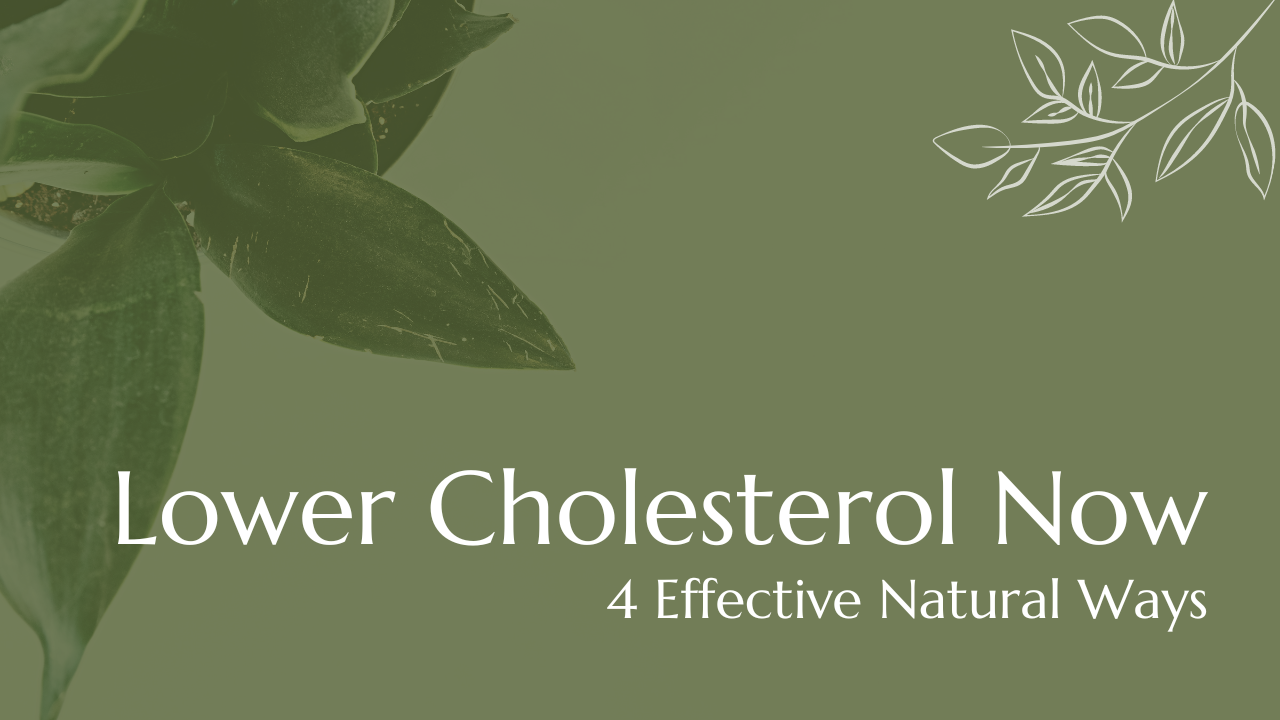In the realm of men’s health, the importance of a well-functioning prostate cannot be overstated. Often overlooked until issues arise, the prostate plays a crucial role in various bodily functions. If you’re looking to safeguard your well-being and ensure a healthy prostate, you’re in the right place. In this comprehensive guide, we will delve into the key aspects of prostate health, providing you with invaluable insights, practical tips, and a roadmap to navigate the journey towards a vibrant and thriving prostate. So, buckle up as we explore the secrets to achieving and maintaining optimal prostate health – because when it comes to your well-being, knowledge is indeed power. Are you ready to embark on the path to a healthy prostate? Let’s get started!
All the tips here were given from Dr. Peter Le Blanc from San Francisco General Hospital in California.
Understand your susceptibility and undergo testing
The Centers for Disease Control and Prevention outline distinct prostate cancer screening guidelines based on whether you fall into a high-risk or average-risk category. Individuals with an elevated risk, such as African-Americans, those of Scandinavian heritage, or individuals with two or more family members diagnosed with prostate cancer, should contemplate prostate cancer screenings from the age of 40. On the other hand, men at average risk are advised to contemplate screenings starting at the age of 55. It’s crucial to be aware of your risk factors and make informed decisions about when to initiate prostate cancer screenings based on your individual circumstances.
Strive for a health-conscious eating routine
Instead of fixating on specific food items, nutritionists, medical professionals, and researchers emphasize adopting an overall pattern of healthy eating — a goal that is more achievable than you might imagine. In essence, here’s the consensus among experts:
- Incorporate a minimum of five servings of colorful fruits and vegetables into your daily diet.
- Opt for whole-grain bread over its white counterpart, and choose whole-grain pasta and cereals for added nutritional value.
- Restrict the intake of red meat, encompassing beef, pork, lamb, and goat, as well as processed meats like bologna and hot dogs. Opt for healthier protein sources such as fish, skinless poultry, beans, and eggs.
- Opt for healthful fats, such as olive oil, nuts (like almonds, walnuts, and pecans), and avocados, while limiting saturated fats from dairy and other animal products. Steer clear of partially hydrogenated fats (trans fats) commonly found in numerous fast foods and packaged items.
- Eliminate sugar-sweetened beverages, including sodas and many fruit juices, and indulge in sweets as an occasional treat.
- Reduce salt intake by choosing low-sodium foods, carefully reading and comparing food labels, and minimizing the consumption of canned, processed, and frozen foods.
- Be mindful of portion sizes, eat slowly, and stop when you feel full to cultivate a healthier relationship with food.
Incorporate more physical activity
To maintain the well-being of your prostate and other vital organs, it’s essential to stay active throughout the day and engage in regular exercise sessions. The traditional belief that one or two extended gym sessions per week suffice is outdated. Today, emulating the constant movement of our ancestors is key.
Interestingly, sitting for more than 30 minutes at a stretch is as detrimental — if not more so — to your body as smoking. To counteract this, take short breaks every half an hour, stretch, and walk around for a few minutes. Consider using a standing desk and deliberately parking farther away from your destinations to increase your daily walking time.
Additionally, make it a point to partake in exercises that induce sweating regularly. Increased physical activity, coupled with a healthier diet, serves as a potent defense against one of the primary risk factors for BPH and prostate cancer: obesity.
Regular Ejaculation
Whether achieved through sexual intercourse or masturbation, numerous studies suggest that frequent ejaculation could have a beneficial impact on prostate health.
Research indicates that men in their 40s who engage in ejaculation 21 or more times per month, on average, are 32% less likely to develop prostate cancer compared to those who do so only seven times. While additional research is necessary to firmly establish this correlation, these findings suggest that sexual activity may play a significant role in maintaining a healthy prostate.
Take Prostadine Daily
Dr. Peter Le Blanc from San Francisco General Hospital recommends this 100% natural supplement.
Prostadine incorporates a synergistic blend of nine potent natural ingredients meticulously crafted to promote the well-being of your prostate, kidneys, and urinary tract as you age. It is designed to fortify these vital systems against potential threats or external challenges that may otherwise compromise their regular functionality.
We advise a daily intake of two full droppers (2 ml), preferably in the morning. You can either administer it directly into your mouth or incorporate it into your preferred beverages such as tea, coffee, juice, or any other drink of your choice. Prior to consumption, ensure you shake the bottle thoroughly to enhance the amalgamation of ingredients, creating an even more potent mixture!

Manage mental health
Stress is a precursor to many different illnesses, including prostate cancer. Men who have difficulty dealing with pressure and anxiety produce hormones that encourage prostate growth over time.
With that said, prioritizing mental health will help avoid prostate-related diseases. When handling stressful situations, getting in touch with loved ones can make a huge difference to one’s mental and physical health.
We have another article where we teach you how to reduce your anxiety and stress levels.
Break Free from Smoking
Building upon the previous advice, certain individuals resort to smoking as a typical coping strategy. Although a couple of cigarettes may provide momentary solace after a demanding day, it remains profoundly detrimental to one’s overall health. Apart from harming the respiratory system, extensive medical studies reveal an 80% elevated risk of mortality from prostate cancer among smokers.
Rather than reaching for a cigarette, adopting healthier alternatives such as journaling and meditation can effectively contribute to the management of both physical and mental well-being.
Conclusion:
Nurturing a healthy prostate involves a holistic approach that encompasses various aspects of lifestyle and well-being. From maintaining a balanced diet and engaging in regular physical activity to adopting positive coping mechanisms and steering clear of harmful habits like smoking, each step plays a crucial role in safeguarding the health of this vital organ. Whether it’s understanding the importance of regular screenings based on individual risk factors or exploring natural supplements designed to support prostate health, the journey towards a vibrant and resilient prostate requires a commitment to informed choices and proactive habits.
As we navigate the complexities of modern life, prioritizing self-care and paying attention to our body’s signals become paramount. This guide serves as a compass, offering insights and practical tips to empower individuals in their pursuit of a healthy prostate. By incorporating these practices into our daily lives, we not only enhance our prostate health but also contribute to our overall well-being, allowing us to lead fulfilling lives well into the future. Remember, the path to a healthy prostate is a journey worth taking, and the choices we make today lay the foundation for a resilient and thriving tomorrow.







